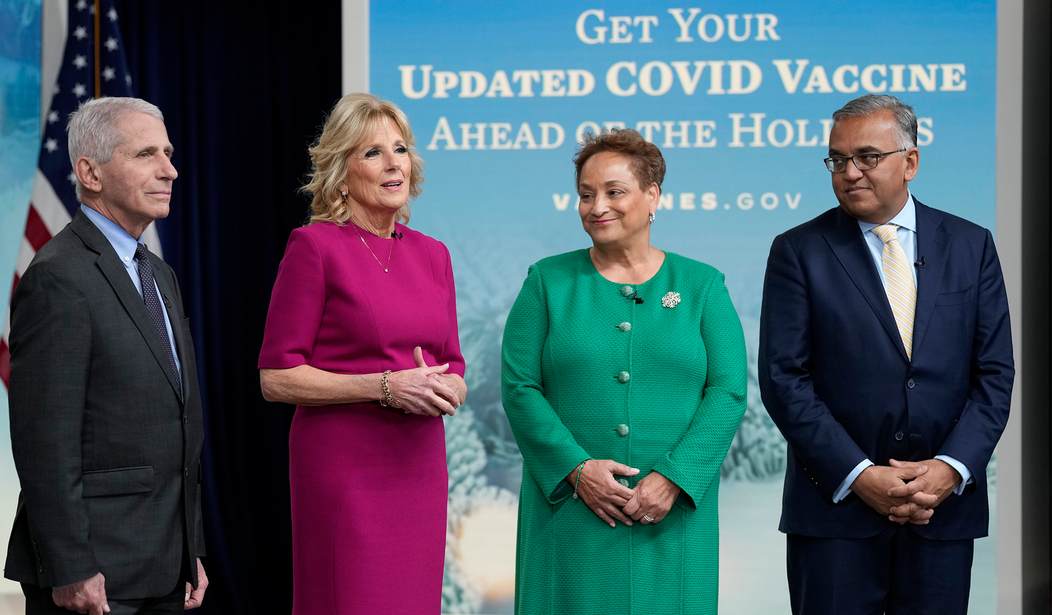More than 300 COVID-19-related articles have been retracted — long after they’d done their damage — due to a lack of scientific truthfulness and ethical guidelines, according to Retraction Watch, a website that monitors retractions of science-related articles.
A total of 330 COVID-related papers have been retracted thus far.
According to Gunnveig Grødeland, a senior researcher at the Institute of Immunology at the University of Oslo, many researchers took ethical shortcuts when writing their essays.
“It will, of course, be withdrawn when it is found that ethical guidelines have been breached,” Grødeland quipped to Khrono, an academic news publication.
Grødeland states that there were other reasons articles were pulled, including researchers using too small sample size and new media outlets being deceptive about what the papers actually concluded. Sometimes the data changed, and articles were later retracted.
The lion’s share of these articles was released in smaller publications, but the prestigious Lancet got nailed a few times as well.
FACT-O-RAMA! The Lancet used fraudulent research when stating that hydroxychloroquine caused an increased risk of heart arrhythmia and even death in patients with COVID-19. This publication was eventually retracted but not until the Norwegian government and the World Health Organization (WHO) used this article as a reason to stop their research into the efficacy of hydroxychloroquine on COVID. Both have since resumed testing.
A paper published by the University of Manchester “found” that COVID was associated with vertigo, hearing loss, and tinnitus. Two years later they did a 180 and admitted that they assumed this to be the case.
“We know that viruses such as measles, mumps, and meningitis can damage the auditory system,” lead author Dr Anisa Visram stated. “It is also well known that COVID-19 can affect our sense of smell and taste, so it was reasonable to assume it might also affect our sense of hearing.”
Another reason many COVID papers — like the University of Manchester paper — have been plucked is that the researchers were eager to investigate all things COVID and moved too quickly.
“Many previous studies were published rapidly during the pandemic but lacked good scientific rigor.” University of Manchester professor Kevin Munro stated. “There was an urgent need for this carefully conducted clinical and diagnostic study to investigate the long-term effects of COVID-19 on the auditory system.”
REMINDER-O-RAMA! The FDA shamed people into not taking ivermectin then backtracked when studies showed the positive effect of the medication on people with the bat-stew flu.
Remember this? Never forget. FDA: "You are not a horse. You are not a cow. Seriously, y'all. Stop it." pic.twitter.com/5T6znnyFob
— anne faith (@FreidaAnimals) November 20, 2022
Despite the “horse and cow” flapdoodle, the FDA failed to mention that it had approved ivermectin for human use in 1996 and even won a Nobel prize for it.

What have we learned?
We’ve learned that you and I were called “granny killers” and “science deniers” for not bending our knees and obediently swallowing every word of so-called science from hundreds of medical research papers. Now we are seeing many of these research articles — 330 thus far — are being flushed for not being scientific at all. Some of these medical “findings” were based on assumptions. Some were rushed and others used sample groups that were too small to be considered accurate. In other words, some of them jumped to conclusions that weren’t there.
We were told to get “vaccines” that we know now do not work. We know masks Fauci face diapers were nothing more than ineffectual symbols of obeisance.
The next question is, who profited from all the COVID era lies?









Join the conversation as a VIP Member